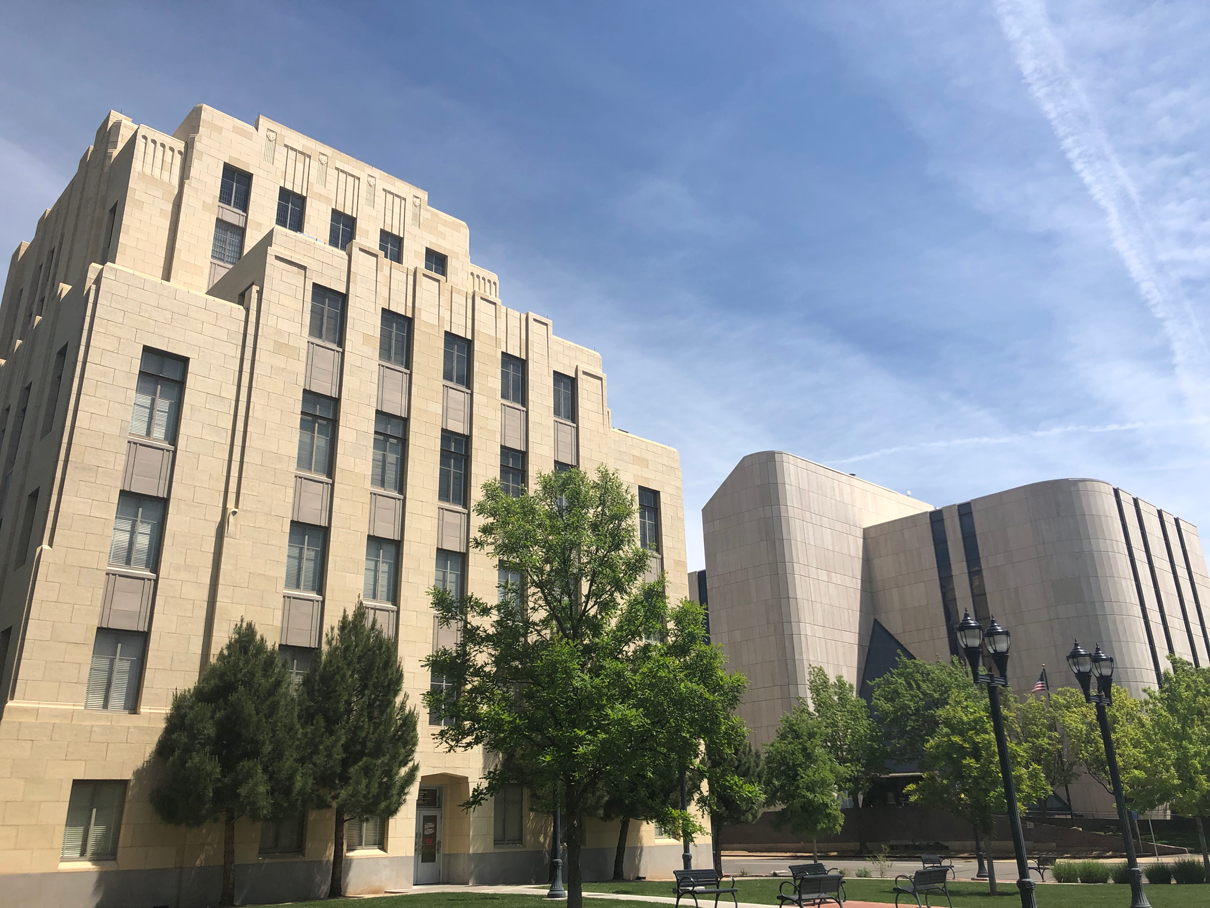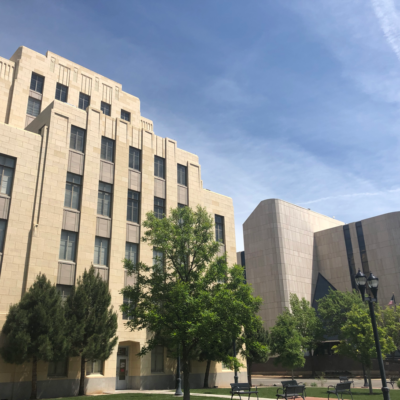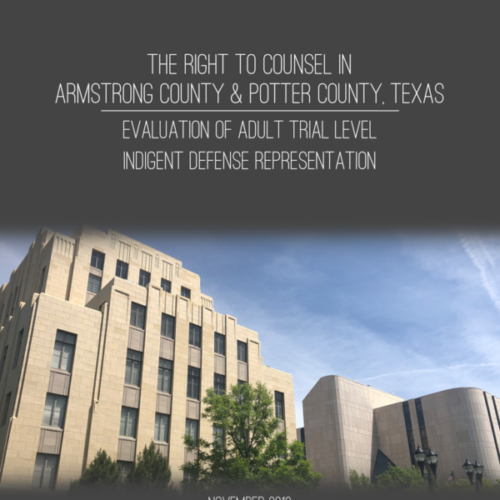Texas
The state of Texas delegates to its local governments the responsibility for funding and administering indigent defense services in adult criminal trials, though the state reimburses a portion of the costs. A state commission provides limited oversight of local indigent defense.
The state of Texas delegates to its local governments the responsibility for administering and funding indigent defense services for adult criminal cases in its appellate courts, though the state reimburses a portion of the costs. A state commission provides limited oversight of appellate services.
-
6 Counties State Funded
-
17 Counties Primarily State Funded
-
34 Counties Shared State and Locally Funded
-
192 Counties Primarily Locally Funded
-
5 Counties Locally Funded
-
254 Counties Locally Administered
-
254 Counties with a Commission With Limited Authority
-
254 Counties Primarily Locally Funded
-
254 Counties Locally Administered
-
254 Counties with a Commission With Limited Authority
Counties in Texas are responsible for funding and administering indigent defense services. The state provides some grant funding to local systems, but the localities remain the primary funder. The authority to determine indigent defense delivery models lies with local district and county court judges, who administer services through public defender offices, contracts with private attorneys, or private attorneys appointed on a case-by-case basis.
The Texas Indigent Defense Commission (TIDC) is responsible for providing oversight of local indigent defense services. TIDC can set standards, but its enforcement authority is limited to withholding grant funding. The governor designates or appoints most of the commission’s 15 members, who in turn appoint an executive director to carry out daily operations. There are two other state agencies: the Office of Capital and Forensic Writs, which provides services for capital habeas corpus petitions, and the State Counsel for Offenders, which represents indigent defendants charged with an offense committed while in prison.
Counties in Texas are responsible for funding and administering indigent defense services in adult appeals. The state provides some grant funding to local systems, but the localities remain the primary funder. The authority to determine indigent defense delivery models lies with local judges, who administer services through public defender offices, contracts with private attorneys, or private attorneys appointed on a case-by-case basis.
The Texas Indigent Defense Commission (TIDC) is responsible for providing oversight of local indigent defense services. TIDC can set standards, but its enforcement authority is limited to withholding grant funding. The governor appoints most of the commission’s 15 members, who in turn appoint an executive director to carry out daily operations. There are two other state agencies: the Office of Capital and Forensic Writs, which provides services for capital habeas corpus petitions, and the State Counsel for Offenders, which represents indigent defendants charged with an offense committed while in prison.

Dig Deeper
Who serves on the commission?
What rules must counties follow when establishing a public defender office or private attorney system?
How does the state disseminate funding to local governments?
How does the commission monitor county compliance?
Where does state funding come from?
What is Operation Lone Star and how does indigent defense work in those cases?
In which branch of state government does the indigent defense system reside?
Support Our Work
Criminal justice issues that disproportionately harm poor people, such as wrongful convictions and over-incarceration, cannot be fixed if indigent defendants are given attorneys who do not have the time, resources, or qualifications, to be a constitutional check on government. Yet, investment in improving indigent defense services remains largely neglected. The Sixth Amendment Center is the only nonprofit organization in the country that exclusively examines, uncovers, and helps fix the root of the indigent defense crisis in which inequality is perpetuated because poor defendants do not get a fair fight.
The Sixth Amendment Center is a tax-exempt 501(c)(3) nonprofit organization under EIN: 45-3477185.
Donations are tax-deductible to the fullest extent allowable under the law.







